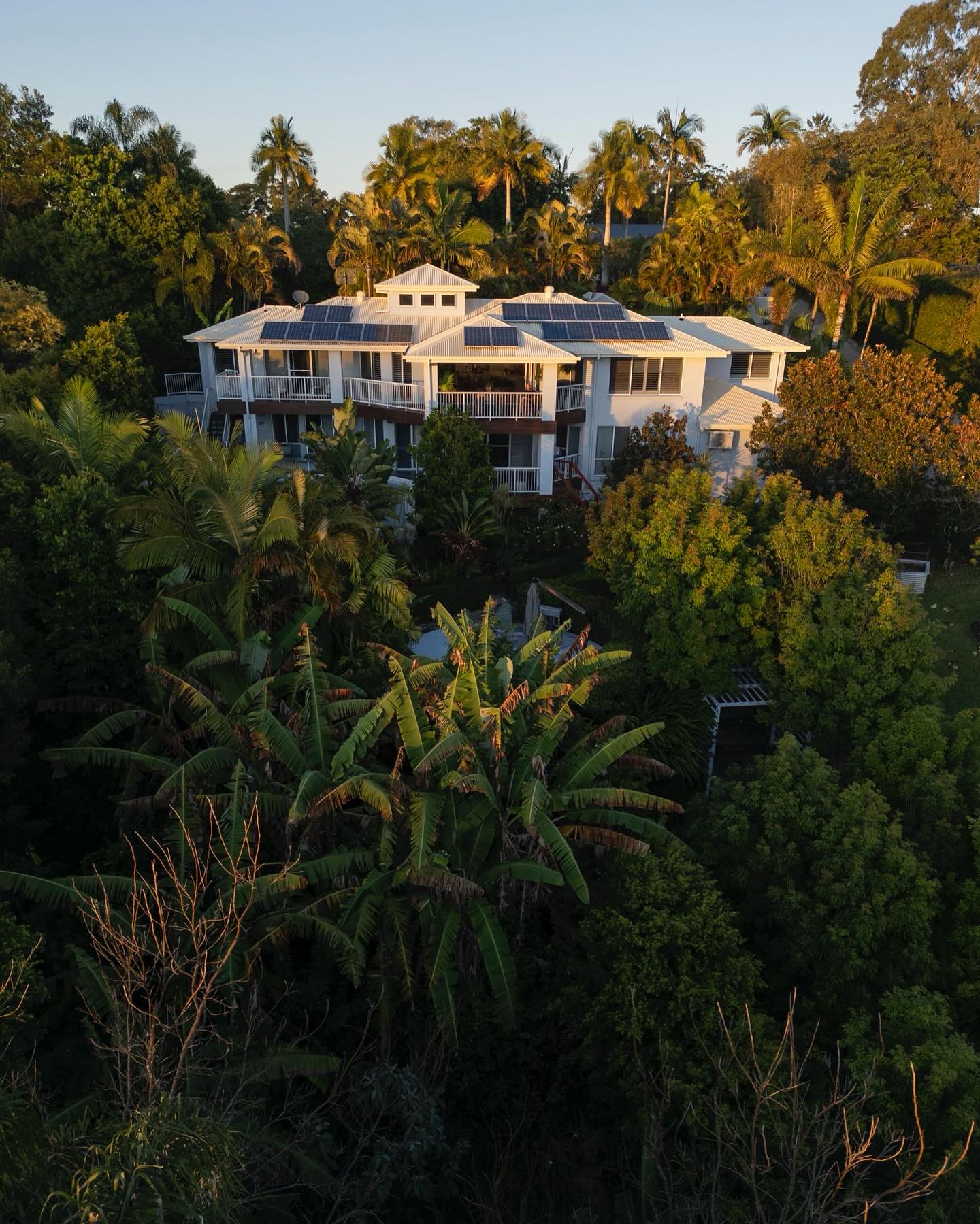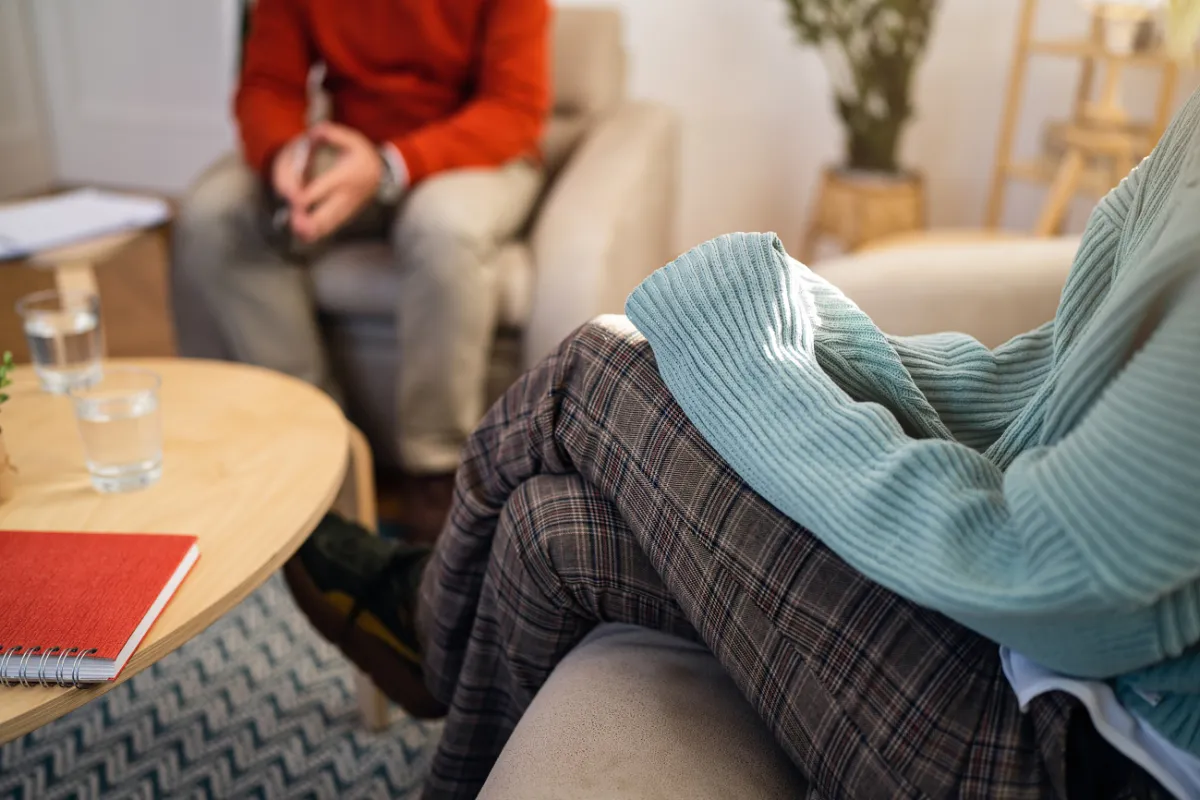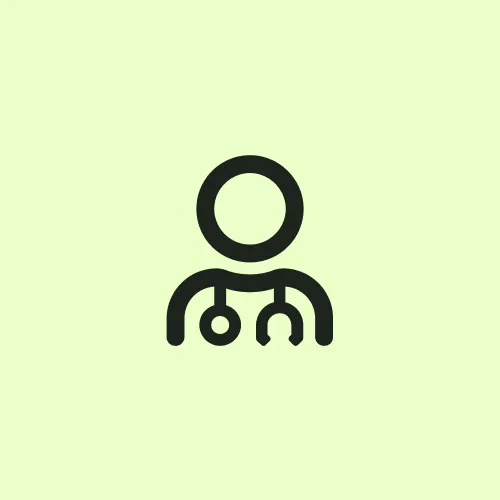
Depression
Private, personalised support designed to create real and lasting change.
Break the fog. Rebuild with support.
Depression can feel heavy, isolating, and unrelenting – but it doesn’t have to define your future. Our one-on-one residential programs are built to help you (or someone you love) understand what’s beneath the surface and develop the tools, strategies, and support needed to feel lighter, clearer, and more in control.
Enquire now for personalised support.
Is it more than just a low patch?
It can stem from trauma, lifestyle patterns, biochemical imbalances, genetics, or a mix of all the above. At Noosa Confidential, we don’t treat depression with a one-size-fits-all approach. We treat the whole person.
Our programs begin with in-depth diagnostic and pathology testing to uncover what’s really driving the symptoms. From there, we tailor every element of care to suit the individual, combining evidence-based therapies, nutritional support, emotional coaching, and environmental healing.
Left untreated, depression can quietly impact every part of life from relationships and physical health to work performance and self-worth. But with the right support, recovery is possible – and sustainable.


Your journey to stability
Your Plan, Your Way
No guesswork, no one-size-fits-all. We start by hearing your story and digging deeper - reviewing past test results, running targeted assessments, and uncovering what’s really going on beneath the surface. Then we build a program tailored to you — including duration, therapies, medical interventions, and support structures that actually make sense for you.
Beyond Mood: Treating Depression through the body
Depression isn’t just about mood; it’s how your brain, body, and gut communicate. Through prescriptive movement, sleep and hormone analysis, and clinical naturopathic nutrition, we work to reduce inflammation and stimulate the release of feel-good chemicals like serotonin and dopamine. This helps lower stress, increase energy, and stabilise emotions - all supporting a clearer, calmer mind.
Change your default
We use proven therapies like Cognitive Behavioural Therapy (CBT), Acceptance and Commitment Therapy (ACT), somatic work, breathwork, movement, and mindfulness to help regulate your nervous system and reconnect mind and body. You’ll learn to build emotional resilience, manage triggers, and challenge unhelpful thoughts - so you stop defaulting to destructive patterns.
What your program includes
Explore the evidence

Ketamine assisted psychotherapy in mental health
Testimonials
FAQs
Understanding depression
If you or someone you love is experiencing depression, it’s natural to have questions. These FAQs offer clarity on symptoms, treatment, and what to expect from our personalised residential programs.
Can I continue working while in treatment?
Our outpatient programs are designed to accommodate work and daily responsibilities.
Will my treatment be private and confidential?
Yes. We are a discreet, private facility with a maximum of five guests at a time. Your care is one-on-one, and your privacy is respected at every stage.
Is depression always caused by a specific event?
Not always. Depression can result from a mix of biological, psychological, and environmental factors – including trauma, genetics, stress, or hormonal changes.
How does Noosa Confidential support recovery?
We create personalised residential programs that treat the whole person – combining therapy, medical care, nutrition, and aftercare to support long-term wellbeing.
What happens if I’m on medication?
Many of our guests arrive already on antidepressants or mood stabilisers. At NC, our clinical team is qualified to assess, diagnose, prescribe, and manage psychiatric medication.
If your goal is to reduce or come off medication, we’ll support that - but only if it’s safe, appropriate, and in your best interest. Any changes are made carefully, based on thorough testing, expert analysis, and what’s right for you.
Do you provide aftercare support?
Yes, we offer 12 months of aftercare to support your ongoing recovery.
Can grief lead to anxiety or depression?
Yes — especially when the grief is unprocessed or compounded by other life stressors. Many people experience heightened anxiety, a sense of hopelessness, or feel emotionally stuck after loss. At Noosa Confidential, we understand that grief rarely exists in isolation. Our programs are designed to explore the full picture and treat all contributing factors.
Can hormonal changes like menopause or postpartum shifts trigger anxiety or depression?
Yes. Hormonal changes can disrupt brain chemistry and impact emotional regulation. Personalised care and support can help you feel like yourself again — physically and emotionally.
We’re here to help.
Let’s talk about how we can support you.






